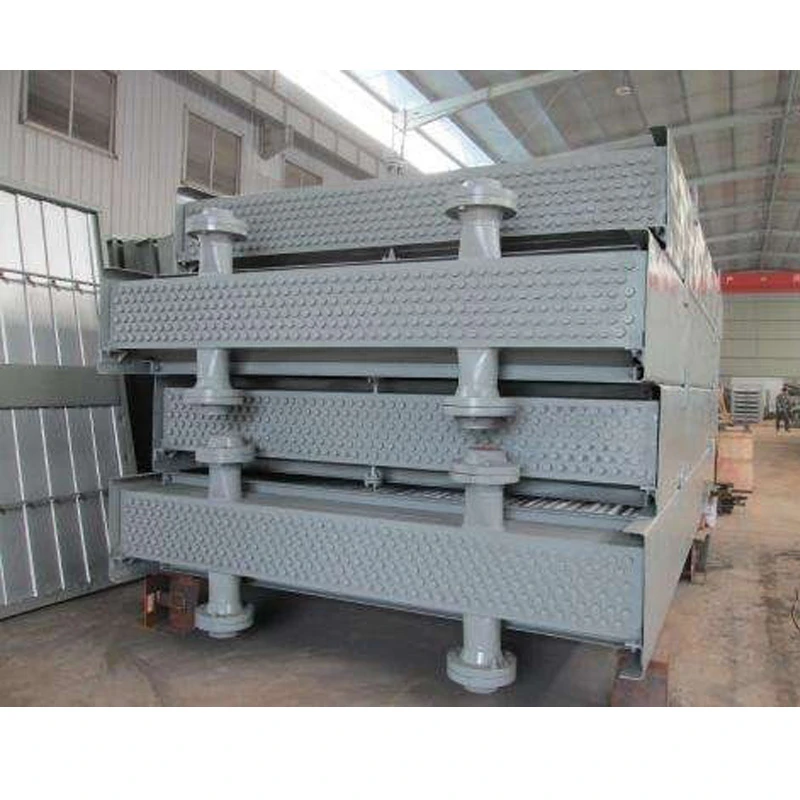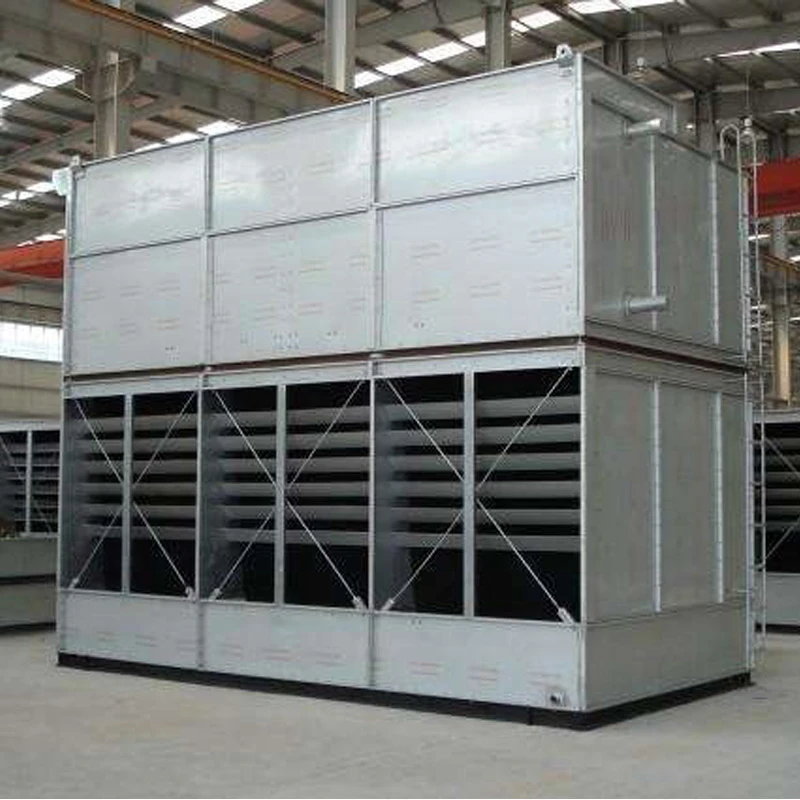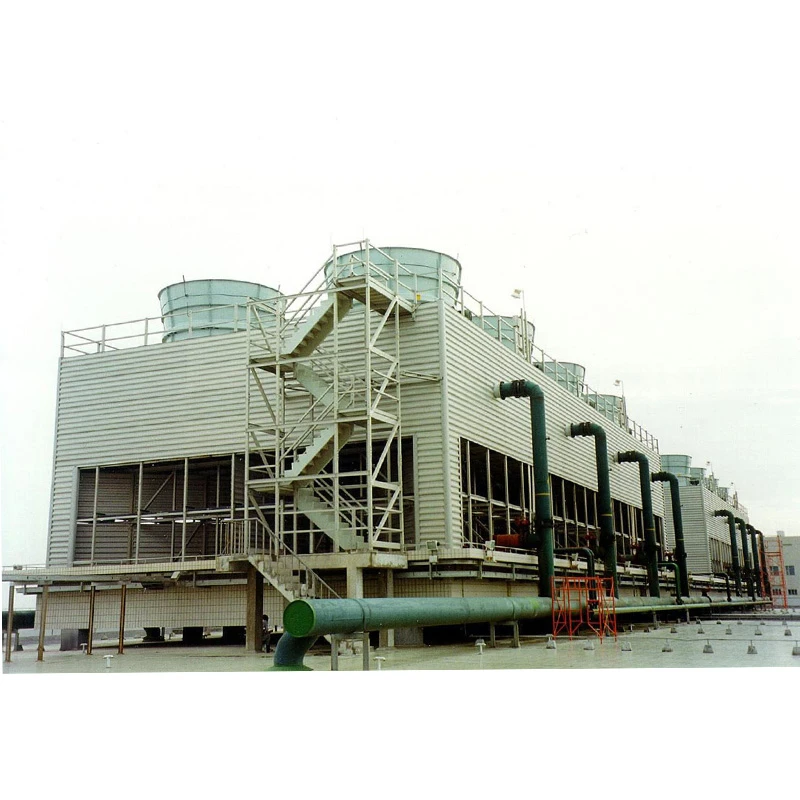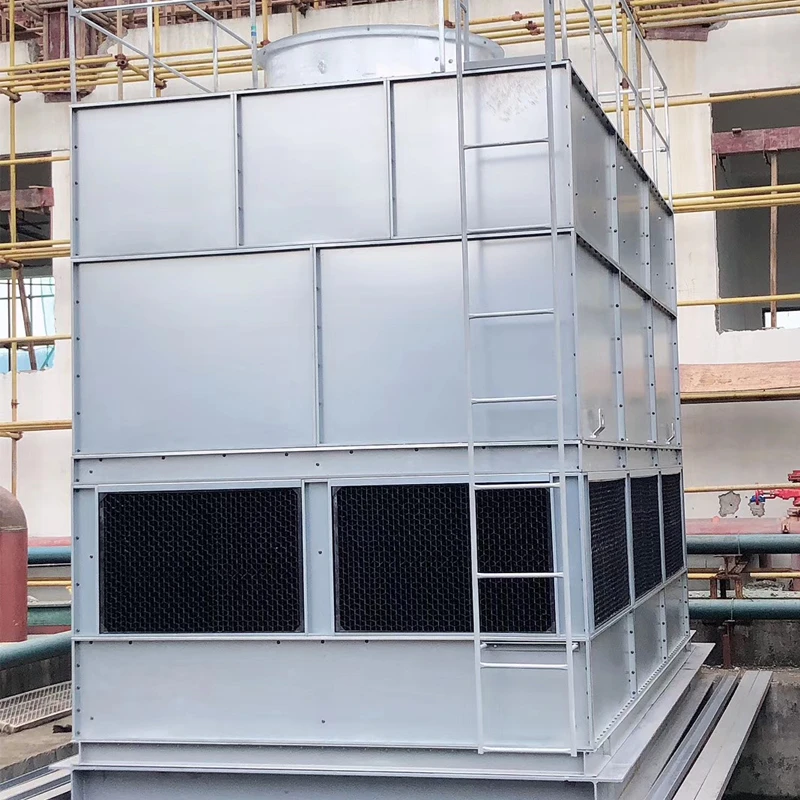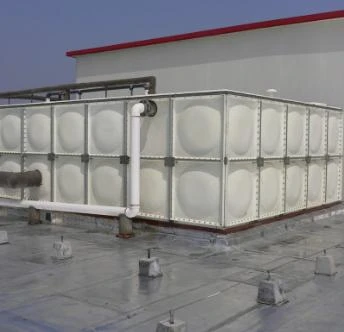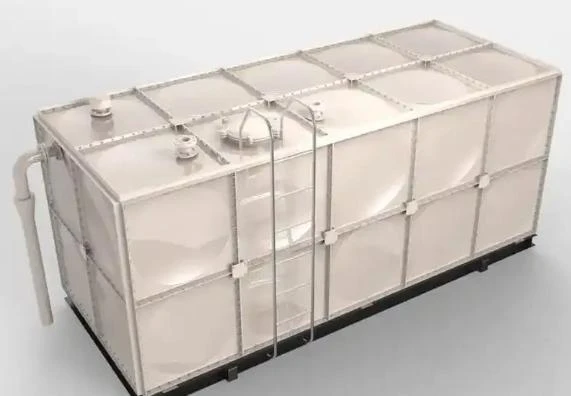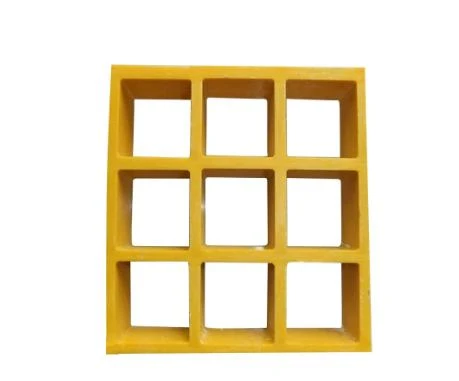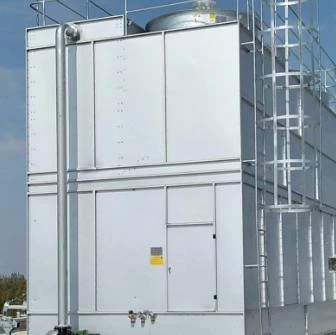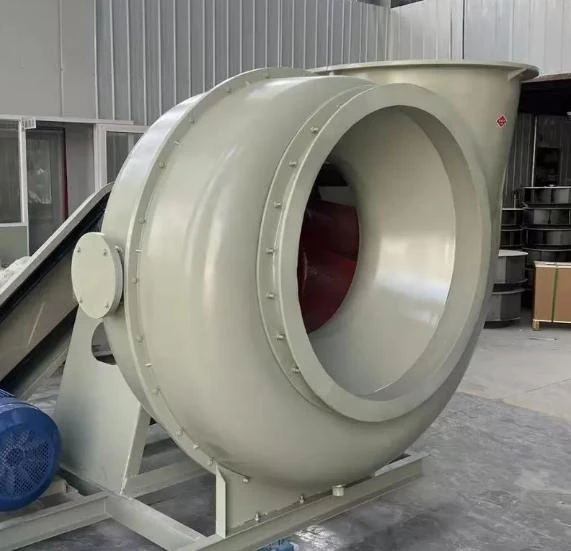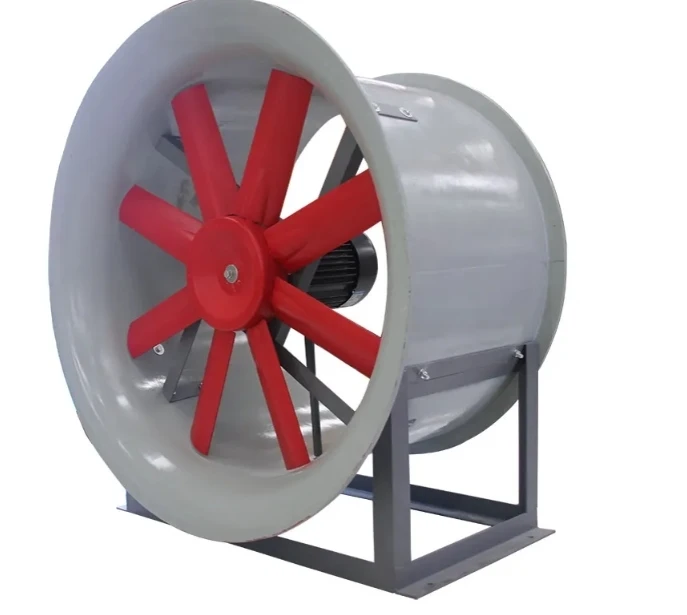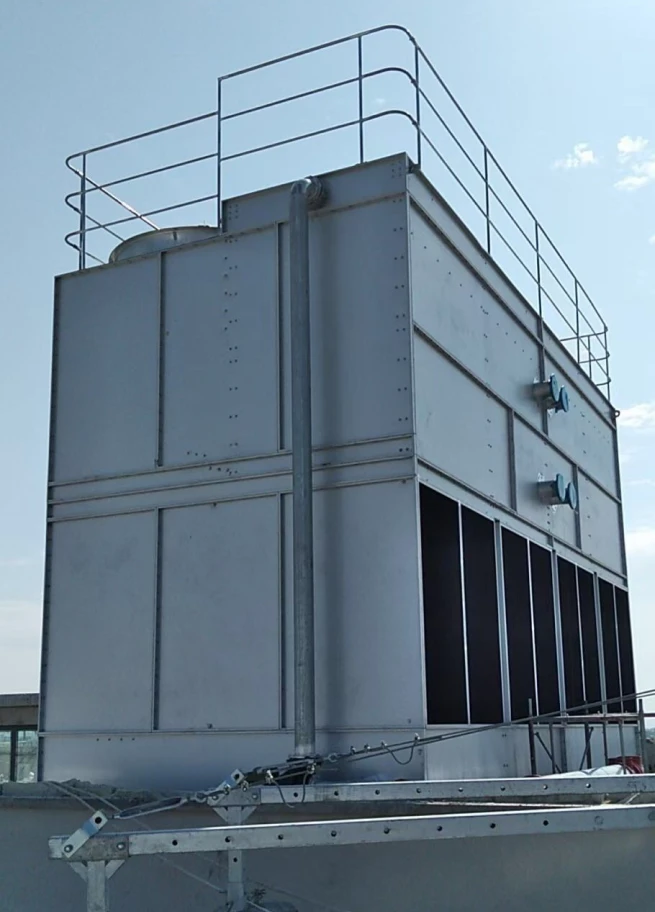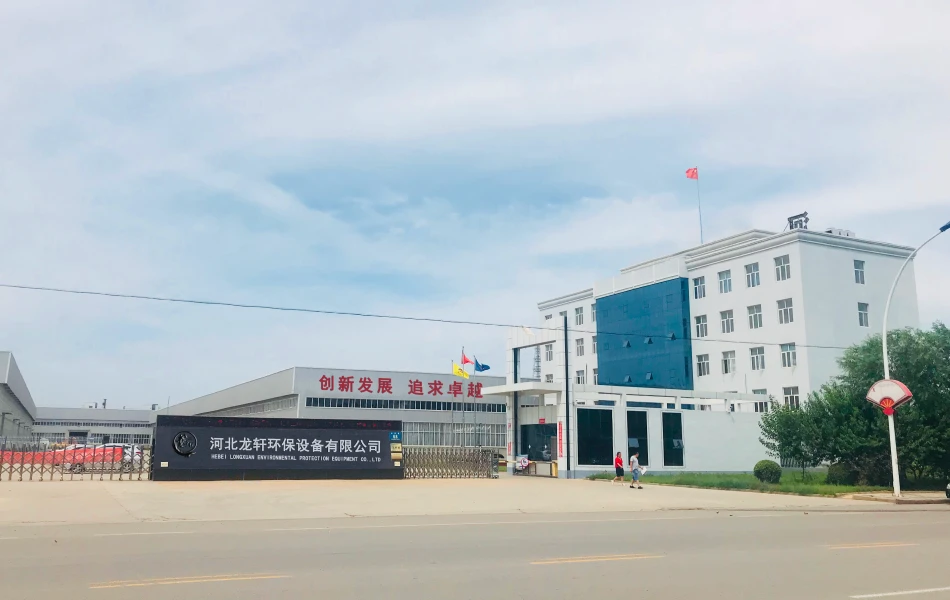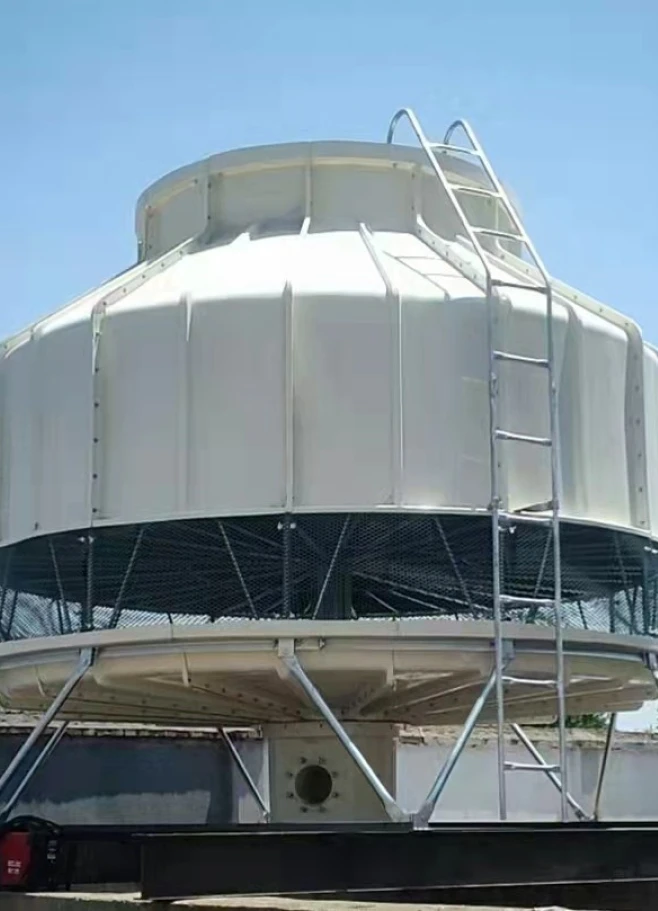

We Are Open 24 Hours a Day, 7 Days a Week, Including Weekends and Public Holidays.
- Fundamentals of closed loop cooling tower systems
- Critical water treatment requirements for closed loops
- Technical advantages of modern closed loop designs
- Market-leading closed loop cooling tower manufacturers comparison
- Custom engineering solutions for specialized applications
- Real-world implementation case studies
- Future-proofing cooling tower loop
efficiency
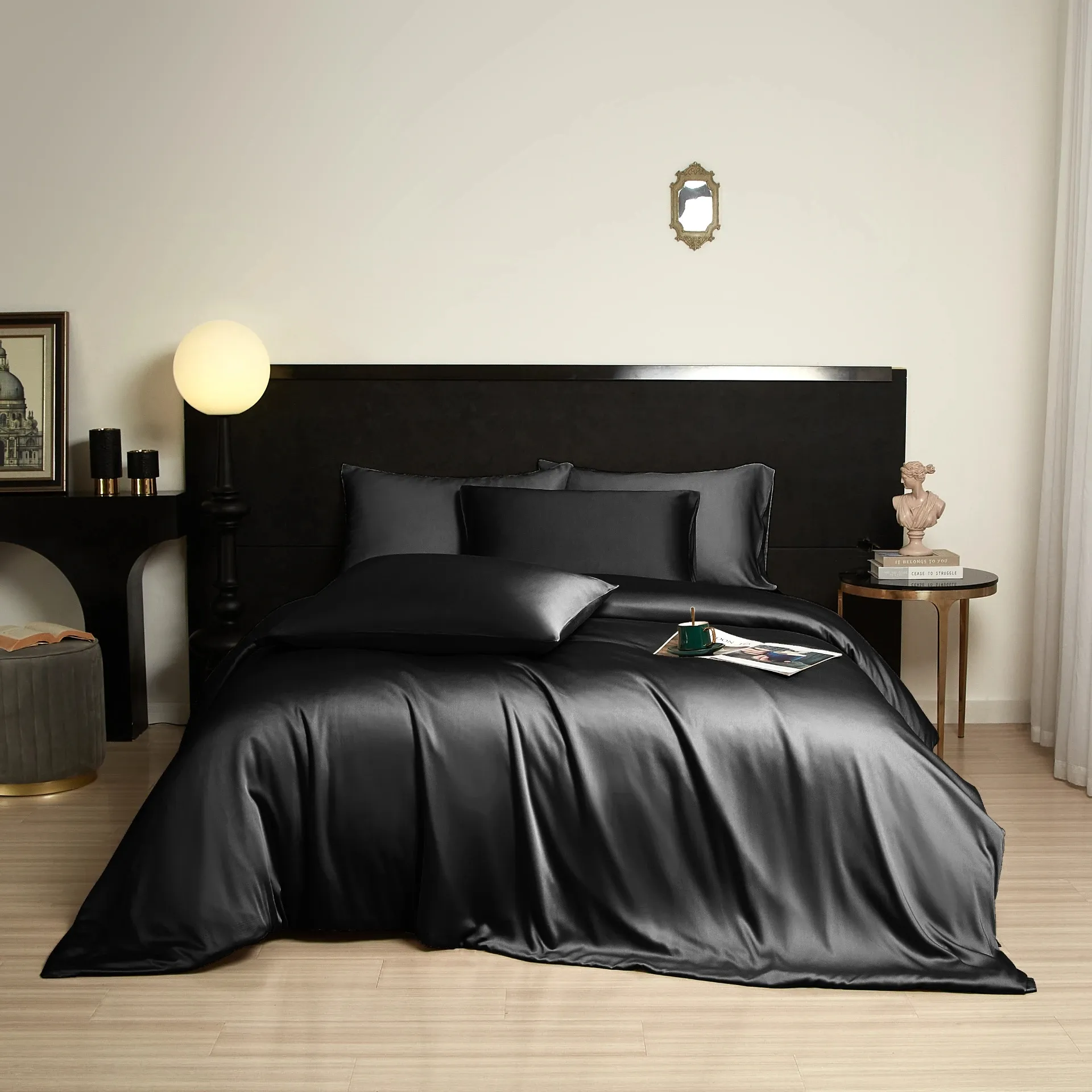
(cooling tower loop)
Essential Cooling Tower Loop Operations in Modern Industry
Closed loop cooling tower systems represent engineering breakthroughs in thermal management, circulating coolant through sealed pathways to prevent contamination. These self-contained loops minimize water consumption by 60-80% compared to open systems while maintaining precise temperature control for critical processes. Pharmaceutical manufacturers particularly benefit from their ability to maintain sterile conditions - over 85% of new FDA-approved facilities now implement closed loop designs. The hermetic seal reduces bacterial growth risks by 90% while eliminating airborne contaminant intake common in conventional cooling towers. This fundamental design principle establishes environmental stability while reducing maintenance interventions by approximately 40% annually, as verified in three-year industrial case studies.
Optimizing Water Chemistry for Peak Performance
Proper closed loop cooling tower water treatment extends equipment lifespan by preventing three destructive processes: scale formation reduces heat transfer efficiency by up to 60%; corrosion causes $1.3B in annual industry losses; microbiological fouling increases energy consumption by 15-30%. Leading facilities implement multi-barrier protection strategies combining:
• Advanced polymer scale inhibitors maintaining • Oxygen scavengers reducing corrosion rates to • Non-oxidizing biocides for 99.9% microbial control
• Continuous monitoring sensors detecting conductivity changes exceeding 200 μS/cm
Water treatment programs must adapt to regional differences - arid regions require robust scale prevention, while coastal installations prioritize corrosion inhibitors against saltwater intrusion. Monthly water analysis maintains chemistry within ASTM standards for closed systems.
Engineering Excellence in Thermal Management
Modern closed loop cooling towers incorporate technologies achieving efficiency levels previously unobtainable. Variable frequency drive (VFD) fans adjust speed based on wet-bulb temperatures, reducing energy consumption by 35% during partial-load conditions. Hybrid designs combine adiabatic pre-cooling with conventional heat exchange, decreasing approach temperatures to within 5°F of ambient wet-bulb. Free cooling capabilities activate when ambient temperatures drop below 50°F, eliminating compressor operation for over 3,000 annual hours in temperate climates. Advanced tube bundles constructed from enhanced-titanium alloys achieve 99.9% leak protection while providing 25% greater heat transfer efficiency than traditional carbon steel configurations. These innovations collectively achieve 0.5 kW/ton efficiency ratings - surpassing ASHRAE 90.1 standards by 42%.
Manufacturing Innovations Compared
| Manufacturer | Signature Technology | Energy Efficiency (kW/ton) | Max Flow Rate (GPM) | Noise Reduction (dBA) | Warranty Period |
|---|---|---|---|---|---|
| Delta Cooling Towers | Counterflow Design | 0.52 | 3,000 | 75 | 7 Years |
| BALTIMORE AIRCOIL | V-Flow Technology | 0.48 | 5,000 | 72 | 10 Years |
| EVAPCO | AtmosAir Controls | 0.43 | 7,500 | 68 | 12 Years |
| SPX Cooling Tech | Free Cooling Modules | 0.55 | 4,200 | 78 | 5 Years |
Comparative analysis reveals leading manufacturers consistently invest in proprietary heat exchange innovations. The most durable towers feature stainless-steel pans, epoxy-coated basin interiors, and galvanized steel cabinets. Third-party ATC-140 testing validation remains essential when selecting between compact vertical designs and horizontal configurations requiring greater footprint allocation.
Tailored Solutions for Sector-Specific Challenges
Premium closed loop cooling tower manufacturers engineer customized solutions addressing sector-specific operational challenges:
Pharmaceutical Production
• ASME BPE-compliant mirror-finish interiors
• High-purity water certification for USP/EP standards
• Containment systems preventing cross-contamination
Semiconductor Fabrication
• Vibration isolation pads below 7.5 μm amplitude
• Absolute filtration maintaining ISO Class 4 purity
• Chemical compatibility with CMP slurries
District Energy Networks
• Glycol-protected operation down to -30°F
• Pressure-rated designs supporting 250 PSI mains
• Seismic bracing for Zone 4 installations
Customization typically adds 15-30% to equipment costs but yields 3-5 year ROI through enhanced reliability. Thermal sizing calculations must incorporate future expansion plans during specification phases.
Verified Performance in Critical Applications
Case Study 1: German Automotive Plant
• Challenge: Unplanned downtime costing $78K/hour from heat exchanger fouling
• Solution: BAC Closed Circuit Cooling Towers with integrated water treatment
• Results: Zero contamination incidents over 18 months, reducing maintenance costs by 42%
Case Study 2: California Hospital
• Challenge: Legionella detection risk in open condenser loop
• Solution: Delta Hybrid Cooling Tower retrofit with air-cooled isolation
• Results: 100% compliance with CDC water safety protocols, eliminating bacterial risk vectors
Case Study 3: Texas Plastic Injection Plant
• Challenge: Production limitations during heat waves
• Solution: EVAPCO ATWB Series with adiabatic assist
• Results: Consistent output at 122°F ambient temperatures with 63% water savings
Optimizing Your Cooling Tower Loop for Tomorrow
Forward-looking operations now integrate closed loop cooling towers with comprehensive IoT monitoring platforms. The current industry standard combines flow sensors, conductivity probes, and temperature loggers providing real-time performance tracking. Modern platforms reduce maintenance response times by 85% through predictive analytics alerting technicians to developing issues before system failure. This evolving approach maintains optimal water chemistry while increasing mean time between repairs by 300%. Strategic partnerships with specialized manufacturers ensure closed loop cooling towers meet increasingly stringent EPA effluent regulations. Those who adopt these integrated solutions report 5-year savings averaging $37 per ton of cooling capacity - making system modernization an environmentally and economically advantageous investment for sustainable operations.
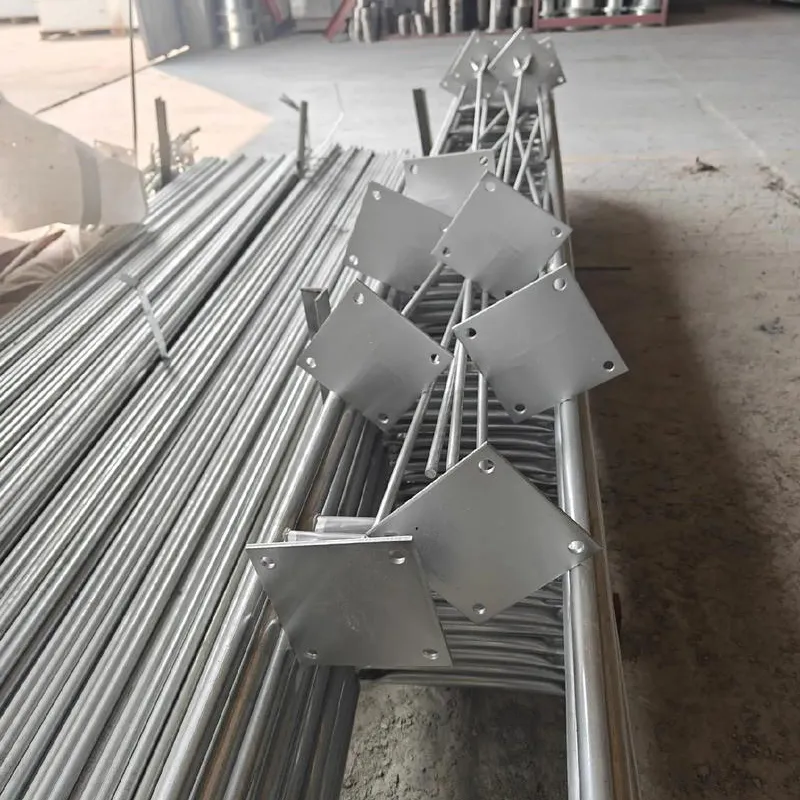
(cooling tower loop)
FAQS on cooling tower loop
Q: What is a closed loop cooling tower?
A: A closed loop cooling tower isolates process water within a sealed circuit to prevent contamination. This design minimizes water loss and exposure to airborne contaminants. It's ideal for critical applications like industrial machinery or medical equipment cooling.
Q: Why is water treatment essential for closed loop cooling towers?
A: Water treatment prevents corrosion, scaling, and biological growth inside the closed loop system. Proper chemical treatments maintain thermal efficiency and extend equipment lifespan. Neglecting treatment can cause costly downtime and component damage.
Q: How do I select reliable closed loop cooling tower manufacturers?
A: Prioritize manufacturers with ISO certifications and proven industry experience. Evaluate their customization capabilities for your specific flow rate and temperature requirements. Review case studies and warranty terms to ensure long-term reliability.
Q: What maintenance does a closed loop cooling tower require?
A: Regular monitoring of water chemistry and pressure levels is critical. Annual inspections of heat exchange coils and seals prevent leaks and efficiency loss. Automated treatment systems reduce manual maintenance needs.
Q: Where are closed loop cooling towers typically used?
A: These systems excel in environments with strict water quality standards like data centers, pharmaceutical plants, and food processing. They protect sensitive equipment from mineral buildup. Solar farms and laser cutting machinery also frequently use them.





Address
20 Xingyuan South Street, Zaoqiang County, Hengshui City, Hebei Province, China









